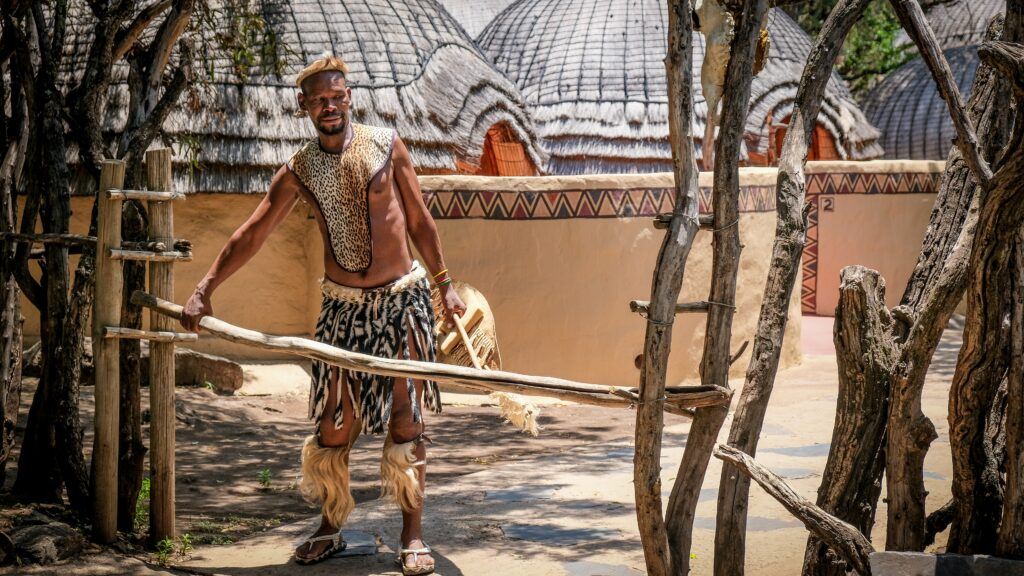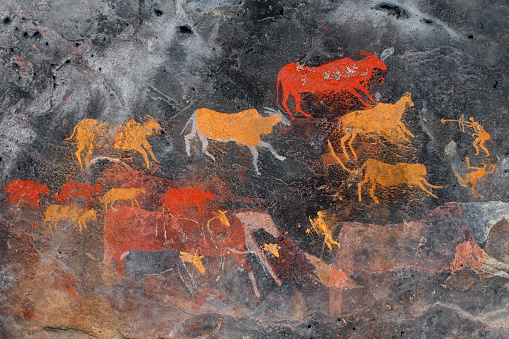There is a pervasive lack of knowledge of Africa’s rich and varied past. A well-known British historian previously said that Europeans were entirely dominated by African History.
For a series on BBC World News, Zeinab Badawi has been examining why this lack of understanding exists and examining the historical record. A long time passed before the kingdom captured Egypt in the 8th century BC, and it ruled for the best part of a century.
The Giza Great Pyramid near Cairo, Egypt, is one of the Seven Wonders of the Ancient World. In Sudan, the Kingdom of Kush built a thousand pyramids along the Nile River, which is today known as Sudan. Kush was an African superpower that had an impact on the Middle East.
What’s left of the kingdom is just as impressive?
Intact and largely undamaged, more than 300 of these pyramids date back over 3,000 years. UNESCO has designated Jebel Barkal in northern Sudan as a world heritage site, and it is one of the best instances of this. Unesco characterizes these monuments as “of creative genius showing the aesthetic, social, political, and religious values of a human community over 2,000 years” in the pyramids, tombs, temples, and burial chambers.
These pyramids were on my bucket list some time ago. After returning to the UK, I asked my parents what they knew about the country’s historical landmarks, and they were happy to provide. It turned out that there wasn’t much of an impact. Both of them were knowledgeable about Henry VIII and British history, so this was strange in African History.
I was curious if this was the same for many other Africans, considering that my parents were ignorant of the history of their own country. Conversation after revealed that this was the reality. The General African History was on the bookshelves of Ethiopian-born Deputy Director-General Getachew Engida when I visited Unesco’s Paris headquarters several years later.
This has turned out to be a well-kept secret both within Unesco and across the continent:
African historians have penned a list of their continent. It was designed in the early 1960s, at a time when Africa was rapidly decolonizing. Some newly independent leaders agreed that they wished to decolonize their past and countries. Western historians have cited African countries’ lack of written records as a justification for ignoring the continent’s history.
To create eight volumes spanning prehistory to the present, Unesco assisted African researchers in putting together the project, gathering 350 experts, the majority of whom were from Africa and represented a variety of specialties. It took until 1990 to complete the eighth book, and presently work is underway on the ninth. Beginning the volumes with humankind’s origins and setting out the notion of evolution was a controversial decision by Unesco.
The Christian and Muslim communities in various African countries, where creationism was widely held, were furious that they had done so. According to Kenyan paleontologist Richard Leakey, a contributor to the first volume, some Westerners deny that humans originated in Africa.
Even though it was a superpower in western Asia and Africa, the Kingdom of Kush, where queens could rule independently, is largely forgotten in history books. Furthermore, this is the case with the Kingdom of Aksum, one of the four most remarkable civilizations of the ancient world.
Because many African scholars and teachers were themselves products of colonial education and thus could not obtain a thorough and chronological account of their history, this is barely understood in Africa and beyond. The Aksumite ruled over the Red Sea trade from modern-day Eritrea and Ethiopia, their capital. First African rulers adopted Christianity and declared it the official religion of their kingdoms.
As a child, I was raised by Sudanese parents who were fluent in English and well-educated but were largely schooled by Western standards. Their history would have been viewed through the lens of Western experts even then. Hugh Trevor-Roper, widely considered as one of Britain’s best historians, expressed a similar sentiment. In 1965, he said: “Perhaps some African history will be taught in the future.
Currently, the only thing we can count on is the European presence in Africa during the events described above in detail. Before European contact and colonization in the 16th and 17th centuries in North and South America, the rest of the continent was in darkness. And history should not be concerned with the gloom.”
This is of particular significance to Africa since it has been infantilized to the degree that we have never seen in any other region of the world. Just a tiny percentage of the population is aware that the Unesco-sponsored volumes also say something. You have to question why leaders haven’t done more to bring this issue to light. No, I’m not implying that there was a plot at all. Non-African and African leaders didn’t place enough focus on African history.
Refuting a common misconception:
This is partly because there has been a tendency to think about Africa in terms of poverty and conflict, such as famine and war, which is still prevalent today. There is still a strong emphasis on charity qualities and aid in African development.
Even if this is done with the best of intentions, it has contributed to the stereotype of Africa in which it is considered that its people must rely on outsiders to progress and I have enough to eat. Being born in Africa but brought up in the UK as a baby, I appreciate both cultures. As a starting point, the General African History is being incorporated into school curricula across the continent by Unesco.
One of the hopes for the future is that generations would comprehend their history and recognize that they have plenty to be proud of in their heritage and culture. African History that sets the stage for a brighter tomorrow.




